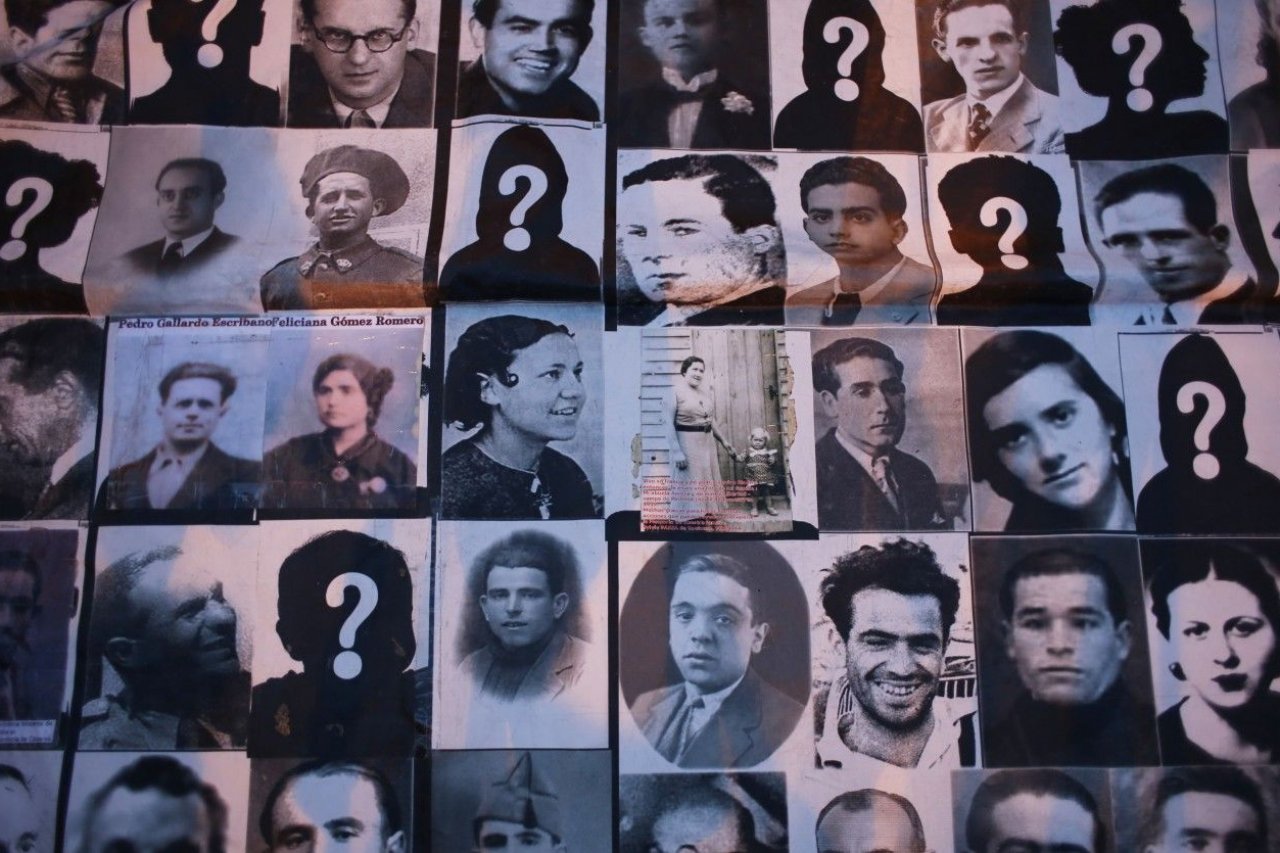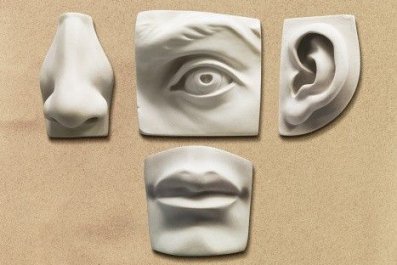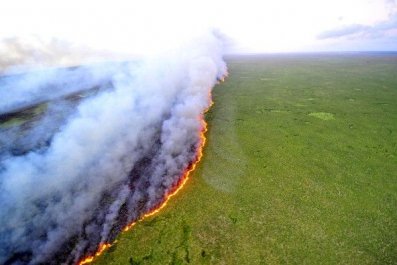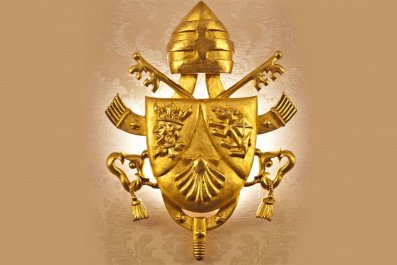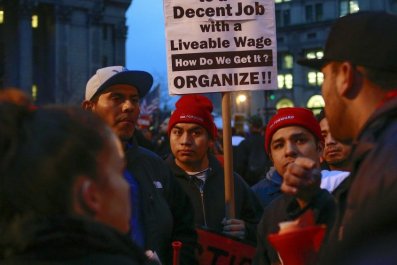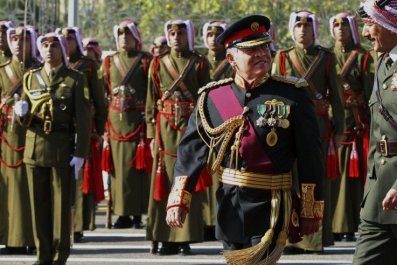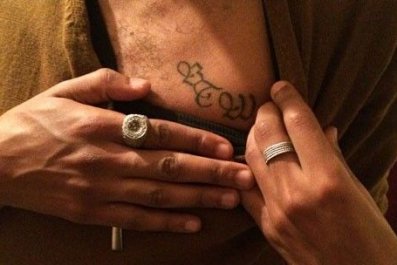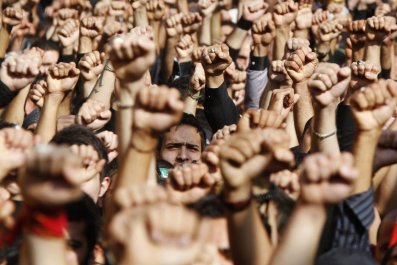Last month, in the town of Aranda de Duero, 100 miles north of Madrid, mourners reinterred the bone remains of 129 family members found in four mass graves. The victims, all men except one, were executed between July and October 1936 by forces loyal to the military uprising that sparked the Spanish Civil War and the dictatorship of Francisco Franco.
All 129 were civilians. The youngest was 16, the oldest 70. When unearthed, they were just skeletons, some still attached to the rubber soles of their shoes. A few buttons and belt buckles remained, bullet fragments too.
Until 2000, 25 years after Franco died and Spain began its transition to democracy, investigating the mass graves littering the countryside was taboo. And even now many Spaniards prefer not to revisit the past. The 37-year-long dictatorship cemented a fear and silence into Spanish culture that has proven hard to break.
To date, none of Spain's democratic governments has assumed responsibility for locating and identifying the more than 120,000 noncombatants lying in roadside ditches and other unmarked tombs.
But recent pressure from both inside and outside Spain, in addition to 13 years of grassroots campaigning by victims' families and volunteers, is changing all that.
The United Nations Committee on Enforced Disappearances recently published a report recommending that Spain, which signed the International Convention for the Protection of All Persons from Enforced Disappearance, uncover the fates of Franco's victims.
"The search for victims of enforced disappearances and resolving what happened to them are obligations of the state, even when there is no formal claim," the committee wrote in its conclusion. "Family members have, among others, the right to know the truth about what happened to their missing loved ones."
Citing the U.N. report, nine political parties led by the Socialist party, the governing People's Party's chief rival, presented a motion to parliament to vote on the creation of a "truth commission" that may follow the example of the South African body that explored the horrors of apartheid. The motion also called for the exhumation of Spain's mass graves and the identification of victims in less than two years.
The People's Party, with an absolute majority in parliament, will likely spike the measure, said Jordi Gordon of the Truth Commission Platform, the umbrella group of about 100 victims organizations that lobbied for the motion. The platform last month sought support from members of the European Parliament.
The conservative People's Party, founded by Franco's minister of information and tourism, Manuel Fraga, has rejected outright investigating anything to do with the crimes perpetrated during the civil war and the Franco years. Since taking office in 2011, the government has defunded subsidies once offered for exhuming mass graves.
A spokesperson for the People's Party said it will not comment on the Truth Commission motion until it is presented in parliament. Yet on Spanish television last month, People's Party parliamentarian Rafael Hernando caused widespread offense when he said family members of Francoist victims only remembered their dead relatives when money was available.
A similar campaign is growing in strength in Argentina, where in September a judge issued arrest warrants via Interpol for four former Spanish officials accused of torture during the Franco dictatorship: A former Civil Guard officer, Franco's former bodyguard, an ex-police commissioner, and a former secret police officer nicknamed Billy the Kid. The latter was fined for police brutality during interrogations during the dictatorship. Spain's High Court has already dismissed the warrants for the former bodyguard and police commissioner due to their deaths and will now decide on the extradition of the other two after the Spanish Cabinet did not oppose it.
International law allows human rights violations to be tried elsewhere if the country where they originally took place fails to do so. In the past, Spanish courts have shelved most cases, citing the Amnesty Law that absolved Spaniards of political crimes committed before 1977, including members of the Franco regime, many of whom continued to govern during and after the democratic transition.
Spanish judge Baltasar Garzón, who ordered the arrest of the Chilean dictator Augusto Pinochet for war crimes, tried to investigate Francoist crimes at a national level in 2006. Not only was he overruled, but the Spanish Supreme Court indicted him on charges of overstepping his jurisdiction. He was eventually acquitted.
The Argentina court has received about 175 complaints alleging torture, enforced disappearances, slave labor, and stolen children in Spain between 1936 and 1977. María Arcenegui, spokeswoman in Spain for the plaintiffs, said more subpoenas will be issued soon.
And in Navarra in northern Spain, the regional parliament passed a law on November 14 to locate and exhume around 1,000 of Franco's victims. The regional government will also create a DNA database for identifying remains. It has already received about 40 requests from victims' families.
The law is the first in Spain to compel the Navarran government to take responsibility for those who disappeared. Since 2003, the regional Basque government has also financed civil war and Francoist research and exhumations, but without a passing a law.
There was also the 2007 Historical Memory Law created by the Socialist government of José Luis Rodríguez Zapatero, which ran from 2004 to the end of 2011. This law, derided as inadequate by many activists, provided funding for exhumations and DNA testing, but left the digging and exhumations to others.
Over the past 13 years, grassroots organizations of volunteer archaeologists, anthropologists and forensic scientists have disinterred around 6,300 bodies, said Emilio Silva, president of the Association for the Recovery of Historical Memory (ARMH). Silva founded the group after he and a small crew exhumed the mass grave containing his grandfather and 12 others, executed in 1936 by Franco's forces.
Since then, the association and similar groups have combed the country searching for graves, taking oral testimonies from witnesses, and returning remains to their families for reburial.
The most common tale was that victims were taken on a paseo, a stroll. Both during the civil war and as Franco consolidated power in the 1940s, armed men rounded up small groups of suspected opponents and took them into the woods. They were never seen again.
Many of the men in charge of these executions, soldiers and Franco's fascist party members, became police officials or local political leaders. Victims' family members lived for decades under the authority of their loved ones' murderers.
"For many people I interview, it is the first time they have ever spoken about how their relative was killed, even within their family," said Francisco Ferrándiz, a social anthropologist at the Spanish National Research Council who works with the ARMH.
"That is why opening mass graves can have a cathartic effect that allows these families some moral vindication," he said. "It was a public secret that is now shared with everyone."
Back in the mausoleum in Aranda de Duero, the remains of about 400 victims sit unidentified because funding has run out for DNA testing. The ARMH, Silva said, has located 41 mass graves it could excavate if it had the money. But that's not the real problem, he said.
"What I can't accept is that the government provides legal guarantees for some victims of violence and not for others," Silva said. "If police investigate a missing persons case from 30 years ago, is that dredging up the past? So why should looking for someone's grandfather be different? There is a brutal double standard at work here."


